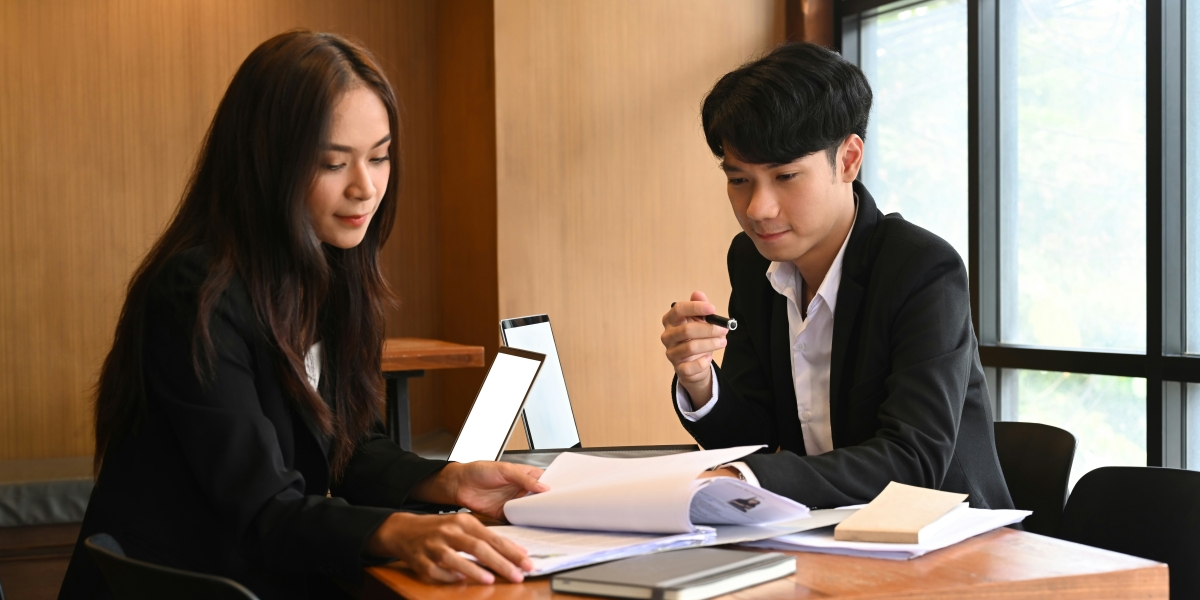By: Alfred Wong
Alfred Y. Wong is a distinguished physicist, inventor, and Professor Emeritus at UCLA, renowned for his contributions to plasma physics and environmental technology. A Fellow of the American Physical Society, he has published extensively, holding over 30 patents. Wong’s innovations, including the plasma torch for waste treatment and atmospheric remediation techniques, underscore his commitment to leveraging science for societal benefit. With a career spanning over four decades, Wong has mentored numerous PhD students, shaping future leaders in science and technology. His work, celebrated globally, reflects a dedication to advancing knowledge and addressing critical environmental challenges.
Q&A with Alfred Wong
Professor Wong, with such a vast and impactful career, could you share what motivates you in your research and innovations?
Alfred Wong: My motivation has always been driven by curiosity and the desire to solve complex problems that can benefit humanity. From my early days at the University of Toronto to my long tenure at UCLA, the challenges in plasma physics and ion dynamics presented puzzles that I found both fascinating and crucial for advancing our understanding of the natural world. The potential applications of this research in energy, environment, and communications further fuel my passion for creating innovative solutions that can make a difference in society.
In 1985, you received the American Physical Society Award for Excellence in Plasma Physics. Can you explain the significance of your work on Langmuir waves for those of us less familiar with plasma physics?
Alfred Wong: Certainly. Langmuir waves are the most fundamental plasma oscillations, which means they are waves within a plasma where electrons oscillate around their equilibrium positions. My work provided the first definitive experimental demonstration of self-focusing and collapse of these waves. This is significant because it helps in understanding how energy is transferred and concentrated in plasmas, which has implications not just for theoretical physics but also for practical applications like fusion energy research and space physics. It’s about understanding the fundamental behaviors of charged particles in high-energy environments.
Your work on environmental remediation, especially the plasma torch for hazardous waste and the system for atmospheric remediation, is groundbreaking. How do these technologies work, and what impact do they have on environmental conservation?
Alfred Wong: The plasma torch technology I developed uses high temperatures generated by an electrical arc to break down hazardous waste into its basic molecular components, essentially rendering it harmless. This process not only safely disposes of dangerous materials but also can recover useful byproducts, making it a sustainable choice for waste management. The atmospheric remediation system involves techniques to remove harmful elements like chlorine from the atmosphere, which can damage the ozone layer. By modulating the auroral electrojet, we can potentially mitigate issues like ozone depletion and global warming, using the planet’s inherent energies. Both technologies embody my commitment to leveraging advanced science for environmental preservation.
With over 30 patents and numerous publications, you are a prolific inventor and scholar. What advice do you have for young scientists and engineers who aspire to make significant contributions to their fields?
Alfred Wong: My advice to young scientists and engineers is to remain endlessly curious and not be afraid of challenging established norms. The path to innovation is not linear; it requires persistence, creativity, and a willingness to embrace failure as a step towards success. Engage deeply with your field, but also look beyond it for interdisciplinary insights that can lead to breakthroughs. And most importantly, aim for your work to have a positive impact on society, whether it’s through advancing knowledge, improving technologies, or solving pressing environmental issues.
You’ve faced challenges in your career, notably the incident with DARPA. How did you navigate these challenges, and what did you learn from them?
Alfred Wong: Facing challenges, including legal and ethical ones, is part of the journey in any endeavor, especially when leading a company involved in cutting-edge research and development. The key is to confront issues head-on, take responsibility, and learn from them the difference between fixed-price and cost-plus-fee contracts. The case was settled quickly and we have received from the Dr. Lopes, Darpa’s legal counsel, that we can apply to any federal agency.
From the DARPA incident, I learned the importance of rigorous oversight and compliance in research funding and management. It was a tough lesson, but it reinforced the need for integrity and transparency in all aspects of technical work.
Looking towards the future, what are your hopes for the field of plasma physics and environmental technology?
Alfred Wong: I am optimistic about the future of plasma physics and its applications, particularly in clean environmental technology and sustainable energy solutions. My hope is that we continue to push the boundaries of what is possible, using the fundamental principles of plasma physics to address some of the most pressing environmental challenges we face today, such as climate change and energy scarcity. I believe that with continued innovation and collaboration across disciplines, we can achieve significant advancements that will benefit not only our generation but many to come.
Key Takeaways
- Alfred Wong’s passion for solving complex problems in plasma physics has led to significant advancements in energy, environment, and communications, showcasing the real-world applications of theoretical concepts.
- His work in environmental remediation, particularly through using free energy in Nature to heal itself. One particular example is to use the energy from auroras in Alaska to treat the green-house gas [ Economist May 1957].
- Plasma torch technology demonstrates a powerful intersection of science and sustainability, offering innovative solutions to global environmental challenges.
- Wong emphasizes the importance of curiosity, interdisciplinary research, and ethical responsibility in science, guiding aspiring scientists towards impactful and responsible contributions to their fields.
Published by: Martin De Juan









